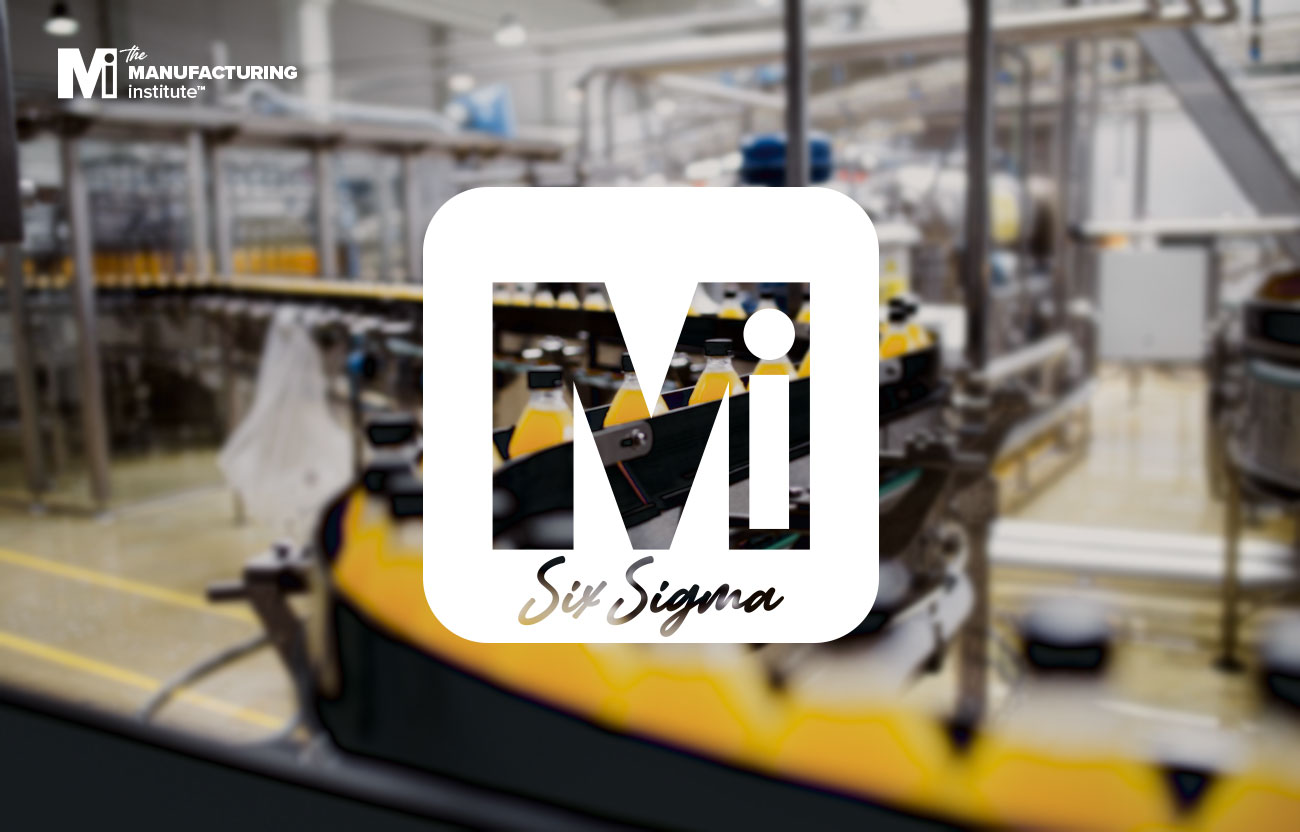
TMI™ Courses Starting Soon
Delivered by The Manufacturing Institute
Shingo™ workshops delivered by The Manufacturing Institute will help you drive your culture toward organisational excellence. The first workshop Discover Excellence provides a foundational understanding of the Shingo™ Model and the Shingo™ Guiding Principles. The second workshop is the new Systems Design and delivers a practical understanding of what constitutes a system, how to map it, and how to ensure it improves continuously. The following three workshops are Cultural Enablers, Continuous Improvement and Enterprise Alignment. These workshops take participants deeper into the Shingo™ Model and provide a more profound understanding of the ideal behaviours necessary to achieve ideal results within an organisation. Finally, Build Excellence is the capstone workshop that takes all the detailed learnings from the previous five Shingo™ workshops and teaches participants how to build systems that drive behaviour that consistently deliver desired results.
Course News
Delivered by The Manufacturing Institute
-
I’m just not getting stressed like I used to…
Ashley Banks is convinced that the Manufacturing Institute’s Leadership Development Programme (LDP) has been instrumental in improving his confidence, effectiveness and communication skills in the workplace. A lamination shift trainer for Veka, Ashley attended the LDP for one day a week
-
What Is The True Essence Of Leadership?
What makes a great leader? Seeing a business through a pandemic? Achieving quick results? Firefighting and expediting are often mistaken for leadership responsibilities. But this belief can in fact hinder an organisation. The Manufacturing Institute’s Leadership and Enterprise Excellence Coach, Adam Buckley,
-
What You Need To Do To Be An Effective Leader
In Jacob Stoller’s book The Lean CEO, he states that 95% of lean transformations fail. The cause? People. So much of the time employees are burnt out, scared or frustrated. But this doesn’t mean you should point the finger of
-
How To Include Employees In Rapid Innovation Projects
The innovation process is difficult. It’s a long journey from an idea on a piece of paper to a product on a manufacturing line, so it’s little wonder that 99% of concepts end up in a kind of ‘museum of
-
How & Why You Need A Plan
Why don’t we plan? Because it’s more exciting to just see what happens, right? Or perhaps you’re too busy dealing with today to even consider tomorrow. Maybe you simply can’t get the leadership team to agree or don’t have the
-
Cross-Generational Approach Is Key
Most manufacturing workforces are currently made up of ‘baby boomers’ (those born between 1946 and 1964). They have extensive knowledge and experience, but this begs the question: what happens when they retire? A soaring skills gap could well be on
-
How To Attract & Lead Millennials
The manufacturing industry is facing a significant challenge: a shift in demographics. Historically, the ‘baby boomers’ (ages 53 to 63) made up the majority of the workforce. But there’s a ‘silent tsunami’ coming. We’re facing the biggest retirement wave we’ll ever
-
Why People Development Is Crucial
Employers often feel too embarrassed to praise, recognise or appreciate the work of their employees. Today, this must change. What we now need is humility on the part of our leaders. People development (of which recognition plays a big part) is
-
How To Transition From Complexity To Simplicity
‘Keep it simple’. ‘Less is more’. These phrases are often uttered in businesses, but it’s quite rare that they’re followed. In fact, reality shows we don’t value simplicity – instead, we appear to hold complexity in much higher regard. This is
-
Performance Management Traps To Avoid
Just 11% of UK employees feel engaged at work. This includes those currently working for businesses with dedicated performance management systems. So, what’s the issue? The most likely cause is that managers and leaders have fallen into one or two common
-
How To Tackle The Problem Of Problem-Solving
Believe it or not, problem-solving is a problem in itself. Manufacturers have a habit of making it far more complex than it needs to be – and that’s why most have many problems, rather than just a few. But this doesn’t
-
MSc In Manufacturing Leadership: Key Details
Curious about our MSc in Manufacturing Leadership? You probably already know that it’s accredited by Lancaster University Management School, one of the UK’s leading universities and world’s best business institutions. But what about prerequisites, company benefits, and advantages to the
-
How To Put Six Sigma Into Practice
In case you missed it, we recently explored all things Six Sigma, including what it is and how it can benefit your business. But that brings us to the question: how exactly can you put it into practice? Here, The Manufacturing
-
Looking Backwards In Performance Management
When we previously spoke about performance management traps, we didn’t discuss looking backwards, even though many in the industry would say it’s one for the list. Why? Because we personally think that looking backwards can be a very positive thing,
-
Top 5 Tips: Six Sigma Implementation
At The Manufacturing Institute, we understand that it’s one thing to know what Six Sigma is, and be aware of the benefits it could bring to your business. But, learning how to action it effectively during your manufacturing processes, well,
-
What Is Customer Value In Lean?
When it comes to customer value, it’s not just about knowing what your market pays for your product. You also need to understand what it is in terms of lean, why it’s important, and how to create it successfully.In this
-
Support Is Just As Important As Education
We’ve previously spoken about our MSc in Manufacturing Leadership – from how it’s accredited by Lancaster University, to the key details, to how it’s benefitted delegates. But we’ve not yet homed on the support provided by our Senior Programmes Executive,
-
Six Sigma: Everything You Need To Know
Six Sigma is a data-focused methodology that identifies and aims to eliminate defects and reduce process variation. Equipping organisations with the tools required to take control over their processes.


























